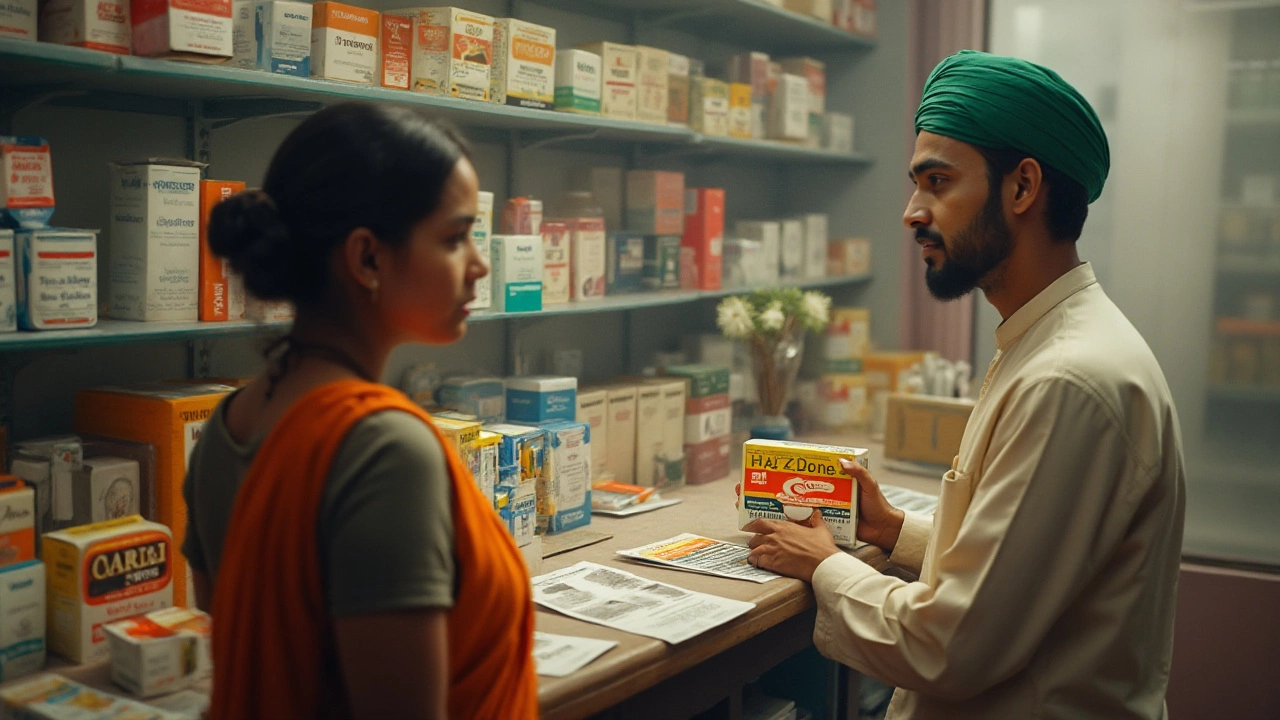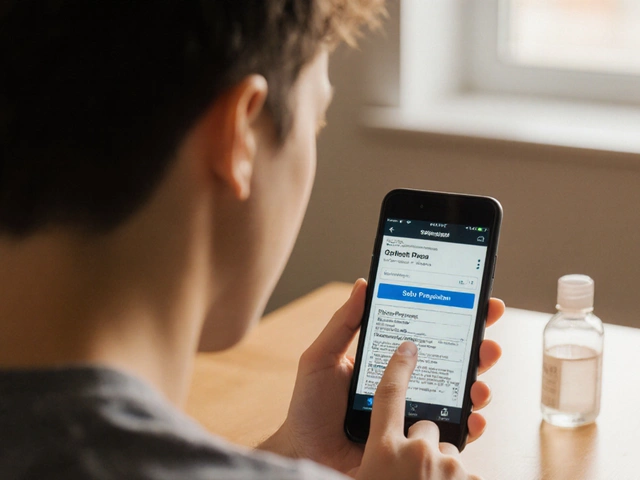Antidepressant Safety in India: What You Need to Know
Feeling low? Antidepressants can be a lifeline, but they also carry risks that many people overlook. In India, drug quality, dosing errors, and hidden toxins can turn a helpful pill into a health hazard. Let’s break down the real dangers and how you can stay safe.
Common Side Effects You Should Watch For
Most antidepressants cause mild issues at first—dry mouth, drowsiness, or a slight stomach upset. But some users report more serious problems like rapid heartbeats, sudden weight gain, or intense anxiety spikes. If you notice any of these within a week of starting a new medication, call your doctor right away.
Hidden Toxicities in Indian Pharmacies
Not all drugs sold in India meet strict quality standards. Counterfeit pills may contain heavy metals, pesticide residues, or even the wrong active ingredient. One study from a major Indian medical college found that up to 12% of popular antidepressants had detectable lead levels. Always buy from reputable, licensed pharmacies and ask for a batch number.
Another hidden danger is drug‑drug interaction. Many people on antidepressants also take painkillers, antihistamines, or herbal supplements. Combining a SSRI with certain pain relievers can raise serotonin levels too high, leading to serotonin syndrome—characterized by confusion, high fever, and muscle rigidity. Talk to your pharmacist about every medicine you use, even over‑the‑counter ones.
If you have a chronic illness like diabetes or heart disease, check how your antidepressant might affect it. Some older tricyclic antidepressants can raise blood pressure or interfere with heart rhythm monitors. Newer agents are usually safer, but they still need dose adjustments based on your health profile.
Pregnancy adds another layer of complexity. Certain SSRIs have been linked to neonatal withdrawal symptoms when taken in the third trimester. If you’re planning to conceive or already pregnant, discuss alternatives such as therapy or low‑risk medications with your obstetrician.
Alcohol is a sneaky culprit. Mixing drinks with antidepressants can intensify sedation and impair judgment. Even a single cocktail can double the risk of falls, especially for older adults. If you’re on a medication that already makes you sleepy, skip the booze.
When you first get a prescription, ask for a clear medication guide. Look for information on dosage timing—some pills work best in the morning, others at night. Missing a dose or taking two too close together can cause spikes in side effects.
Keep a symptom diary. Write down when you take the drug, how you feel, and any new aches or mood changes. This simple log helps your doctor pinpoint problems fast and adjust treatment before things get serious.
Finally, don’t ignore the mental health side of the equation. Antidepressants are most effective when paired with counseling, regular exercise, and good sleep. Relying on the pill alone can mask underlying issues that need talk therapy or lifestyle changes.
Bottom line: Antidepressants can improve lives, but they’re not without risk—especially in India where drug quality can vary. Stay informed, buy from trusted sources, watch for side effects, and keep open communication with your healthcare team. Your safety is worth the extra effort.

Is Trazodone Considered a Narcotic? Facts and Insights
This article delves into whether trazodone is classified as a narcotic. It explains the scientific background of trazodone, its therapeutic uses, and legal classification. The piece aims to clarify common misconceptions associated with the drug and provide useful information for those considering its use. It also explores the potential risks and benefits to help readers make informed decisions.

What Are the 5 Basic Steps of Skin Care?
Dec, 2 2025



